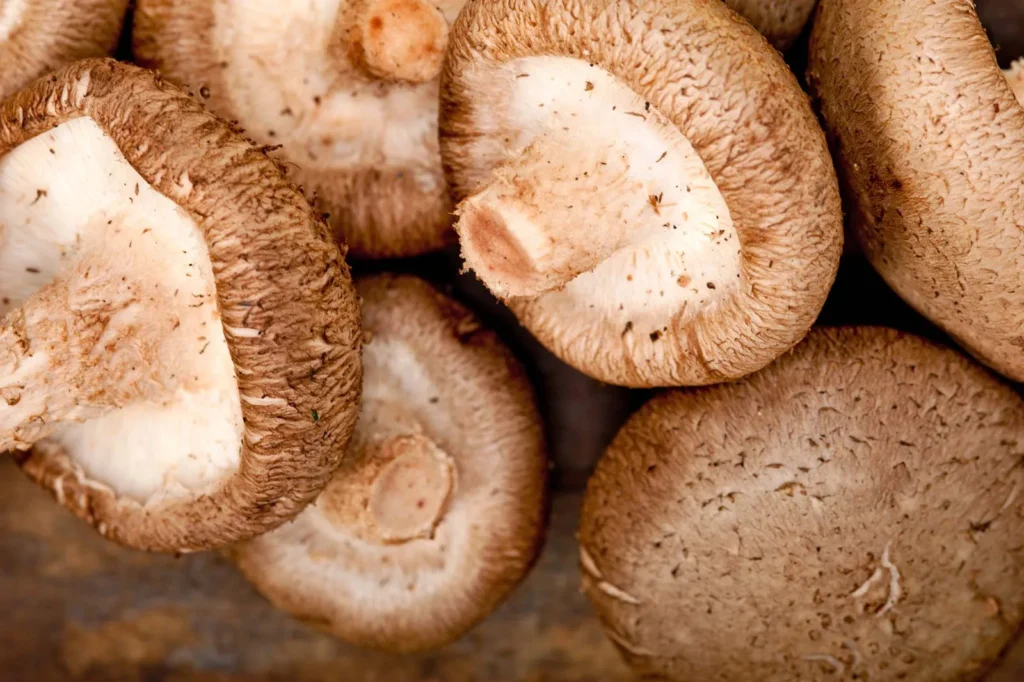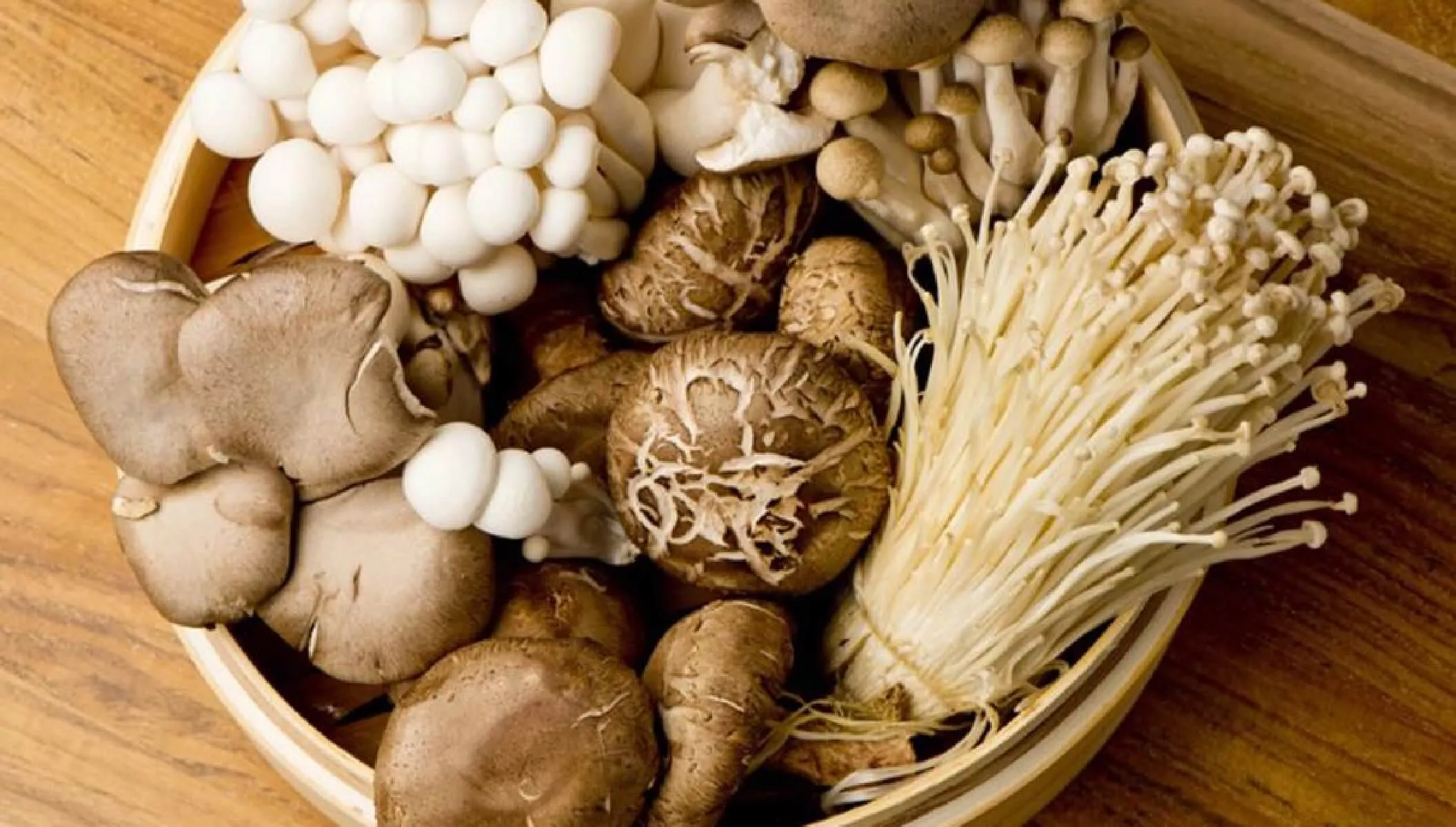Food & Climate
How the firms such as Smallhold converted from a producer which managed to put the sustainable mushrooms on the people tables, and in 1,400 stores all over the U.S to be bad reputation?
When Andrew Carter and Adam DeMartino started their business Smallhold in 2017, they set out with a simple vision they thought could have a big impact: feed people mushrooms, according report seen by “Food & Climate” platform.
“Mushrooms are one of the most sustainable calories on the planet, in every aspect,” Carter said, whether you’re looking at water, waste, plastic use or greenhouse gas emissions. “We just wanted to get more people eating them.”
The better part of the sustainable mushrooms story
For the better part of seven years of the sustainable mushrooms story, that Smallhold successfully did just that, getting specialty mushrooms such as shiitake, blue oyster and trumpets into grocery stores and on to Americans’ plates. And they built a cult favorite brand while doing so – a feat made notable by how much harder it is to accomplish with produce than, say, processed snack foods.
As sustainable mushrooms, or mushrooms became emblematic of a new vision of sustainability at the start of the pandemic lockdowns, achieving zeitgeist-y star status, Smallhold found itself both riding that wave and helping propel it, earning a range of buzzy media coverage and being valued at $90m at its peak.
Just six years after starting in a shipping container in Brooklyn, the brand had built out farms in New York, Texas and California, and had begun selling in 1,400 stores across the country, including Whole Foods.
“We gave others hope that a sustainable business could rise quickly, become popular, and change an entire category for the better,” said DeMartino.
Smallhold was just one of a host of food startups that have cropped up with the promise that they’re growing food more sustainably or reducing waste, according to “The guardian“

So, it came as a disappointing shock to many when the founders both stepped down this spring and Smallhold announced that it was filing for bankruptcy shortly thereafter.
Though the company was taken over by investors who restructured and brought the company out of bankruptcy at the end of August, Smallhold emerged as a “shadow” of the company DeMartino once envisioned; it shut down its farms and laid off much of its staff without severance, to the dismay of the founders and customers who had come to associate the brand with the ethical treatment of its employees and farmers as well as the earth.
Right traditional agriculture’s wrongs
What does the brand’s trajectory mean for the prospects of using entrepreneurship to right traditional agriculture’s wrongs? In the example of Smallhold and other produce-focused startups like it, there are lessons to be learned about what role business can – and can’t – play in fixing our food system.
Elly Truesdell was working at Whole Foods as a “forager” who helped the grocery chain identify new local suppliers when Smallhold started out, and she remembers being impressed at their unique offering. Where most shoppers had only encountered the most common varieties of button mushrooms, Smallhold was introducing varieties with more interesting and varied flavor profiles, such as lion’s mane and blue oyster.
“I traveled the country and visited a ton of local food stores and other grocers and very, very rarely could you see specialty mushrooms of the varieties that they were growing in grocery stores,” she said.
That’s some of what convinced her, once she left Whole Foods to get into venture capital with a focus on food businesses, to invest in Smallhold.
For a world increasingly thinking about both personal and planetary health, mushrooms hold great appeal as an easy and nutritious meat alternative. And Smallhold was paying farmers a living wage to grow them on waste material, using minimal water and electricity, composting the leftover materials after, and selling their product in compostable retail packaging (an industry first).

Smallhold wasn’t the only buzzy produce company to go bankrupt under these circumstances. AeroFarms and AppHarvest, two other indoor farming companies that had attracted big venture capital investments in the past, also declared bankruptcy last year when the VC landscape began to shift away from its former optimism about tech-based food startups.

